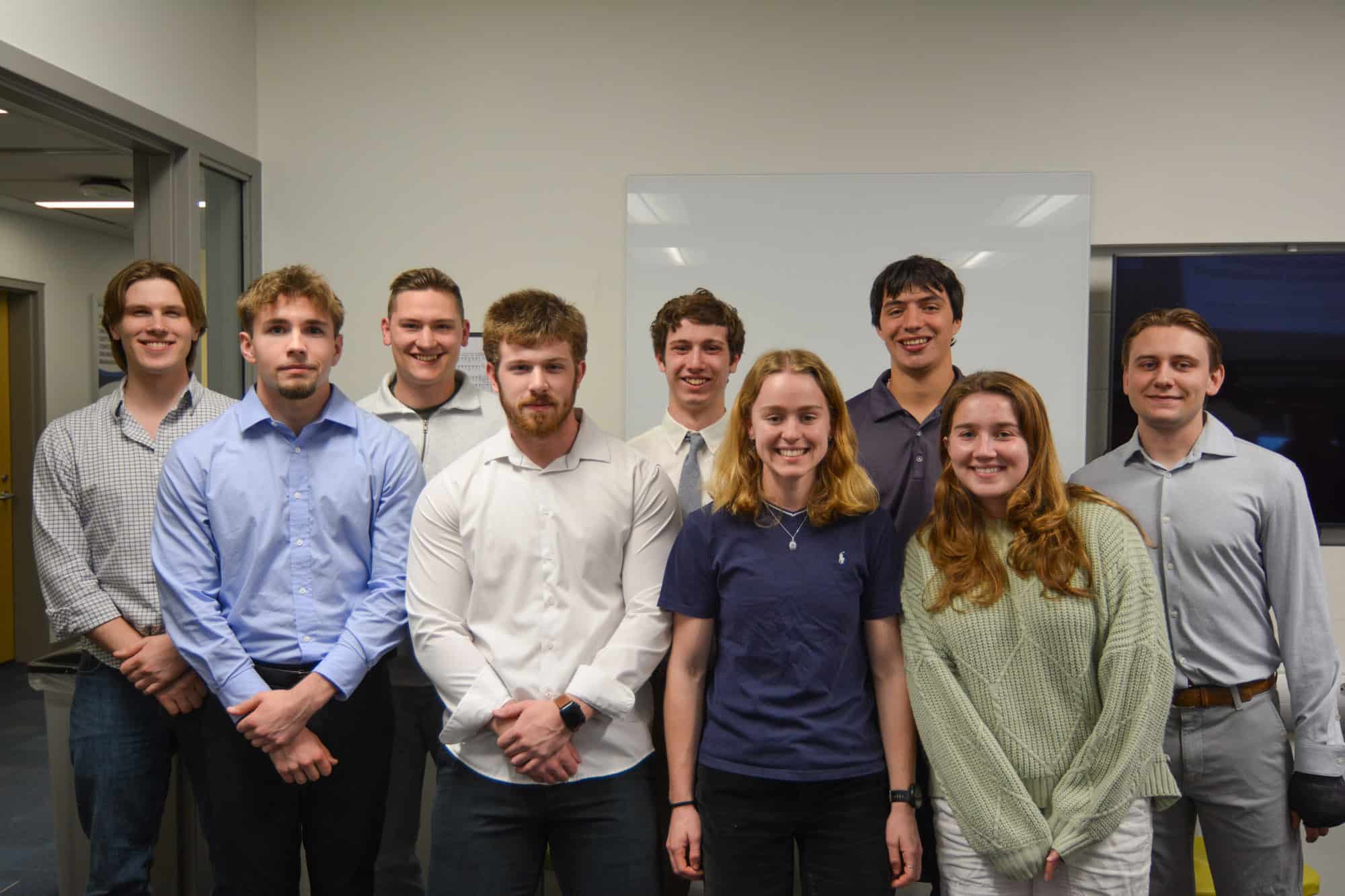
CEE Capstone Course Prepares Undergrad Students for Professional Practice Through Alumni Mentorship and AI Integration
Students collaborate with professional engineers and explore AI tools in a site development design project.

Students collaborate with professional engineers and explore AI tools in a site development design project.
Civil and environmental engineers plan, design, and construct the built environment while protecting natural ecosystems. At the University of Michigan, CEE 402: Professional Issues and Design provides undergraduate seniors with a culminating experience that mirrors real-world engineering practice. The course brings together multidisciplinary student teams to tackle a proposed land development project on a site near Ann Arbor, Michigan, using real site data such as soil borings and aquifer performance.
Throughout the semester, students interact with a project client, course instructors, and senior consultants—practicing professional engineers who meet with student teams weekly to provide expert guidance. Many of these consultants are U-M alumni who volunteer their time to mentor students through the full design process. Students are encouraged to ask questions, present their ideas, and receive feedback as they work through complex challenges in team-based settings.
The course’s structure mirrors industry collaboration. Student teams are divided into six groups: three building services teams, two site-wide services teams, and one water/wastewater team. Each team includes members focused on discipline-specific areas such as structural, geotechnical, transportation, environmental, and wastewater engineering. Working across these specialties allows students to consider the broader systems of site development while applying their technical knowledge to specific design problems.
In addition to traditional engineering tools and software, CEE 402 students may use generative artificial intelligence (GenAI) applications, including GPT-4o, through the U-M GPT platform. Students are encouraged to explore GenAI for permitted uses such as brainstorming, data analysis, background research, and grammar checking. However, course policy strictly prohibits the direct use of AI-generated content in any graded submission. All AI use must be clearly disclosed with detailed documentation of the prompts used, how the output was verified and corroborated, and how it was rewritten and incorporated.
Students must also cite scholarly or professional sources to support any content informed by GenAI output. This approach ensures that students learn how to engage critically with emerging technologies while maintaining high standards of academic and professional integrity.
By combining alumni mentorship with responsible use of AI, CEE 402 offers students a rigorous and practical learning experience that reflects the evolving landscape of civil and environmental engineering practice.